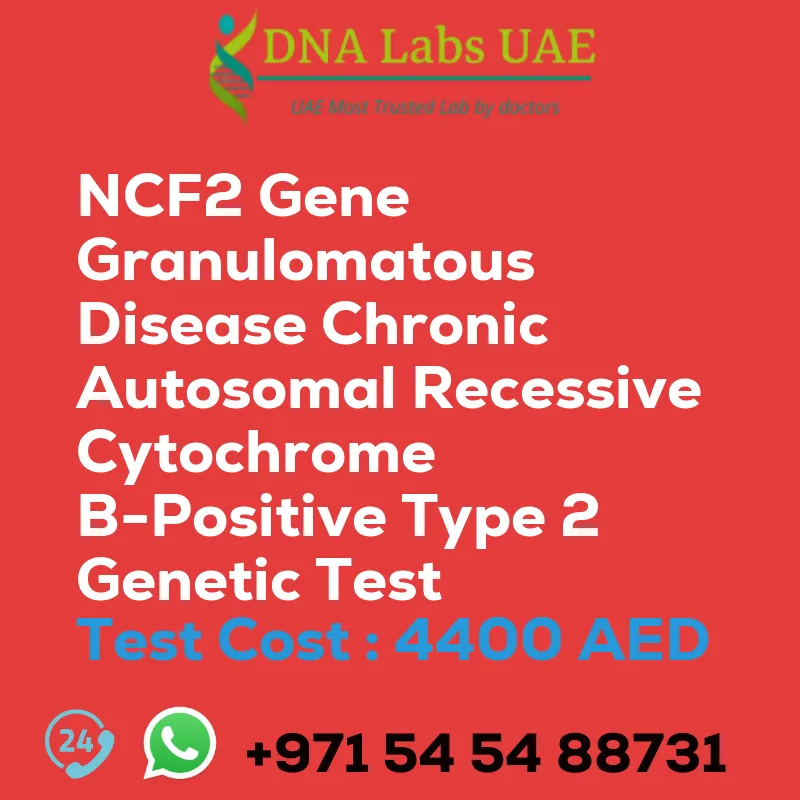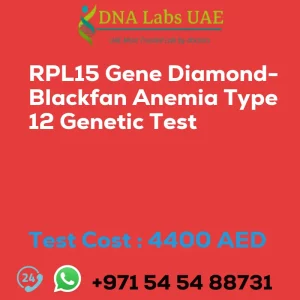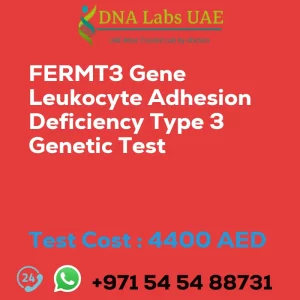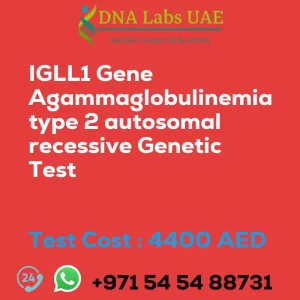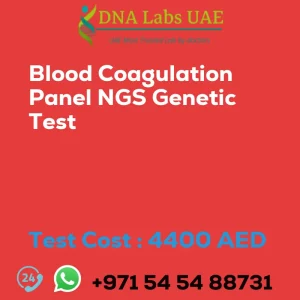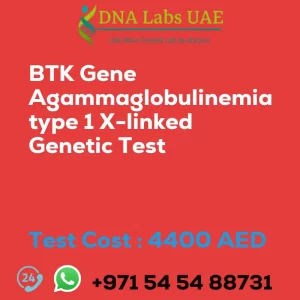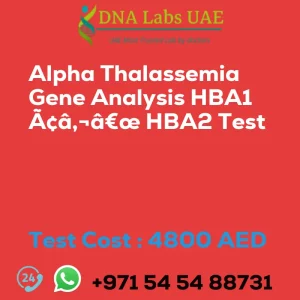NCF2 Gene Granulomatous Disease Chronic Autosomal Recessive Cytochrome b-Positive Type 2 Genetic Test
Welcome to DNA Labs UAE, where we offer the NCF2 Gene Granulomatous Disease Chronic Autosomal Recessive Cytochrome b-Positive Type 2 Genetic Test. This test is designed to diagnose and provide valuable insights into this genetic disorder. Read on to learn more about the test details, components, price, and more.
Test Components
- Test Name: NCF2 Gene Granulomatous Disease Chronic Autosomal Recessive Cytochrome b-Positive Type 2 Genetic Test
- Price: 4400.0 AED
- Sample Condition: Blood or Extracted DNA or One drop Blood on FTA Card
- Report Delivery: 3 to 4 Weeks
- Method: NGS Technology
- Test Type: Hematology
- Doctor: Hematologist
- Test Department: Genetics
Pre Test Information
Before undergoing the NCF2 Gene Granulomatous Disease Chronic Autosomal Recessive Cytochrome b-Positive Type 2 Genetic Test, it is important to provide the clinical history of the patient. Additionally, a genetic counseling session will be conducted to draw a pedigree chart of family members affected by the NCF2 Gene Granulomatous Disease Chronic Autosomal Recessive Cytochrome b-Positive Type 2 NGS Genetic DNA Test gene NCF2.
Test Details
The NCF2 gene is associated with a condition called granulomatous disease, chronic, autosomal recessive. This genetic disorder affects the immune system, leading to recurrent infections and the formation of granulomas (inflammatory nodules) in various organs. The term “cytochrome b-positive” refers to a specific type of granulomatous disease caused by mutations in the NCF2 gene. This type is characterized by abnormal function of the cytochrome b component of the NADPH oxidase enzyme complex, which is involved in the production of reactive oxygen species (ROS) by immune cells. Defects in this enzyme complex impair the ability of immune cells to kill certain bacteria and fungi, leading to recurrent infections and the formation of granulomas.
NGS (Next-Generation Sequencing) genetic testing is a type of genetic test that uses advanced sequencing technologies to analyze multiple genes simultaneously. In the context of NCF2 gene granulomatous disease, an NGS genetic test can be used to identify mutations or variants in the NCF2 gene that may be responsible for the condition. This test can help confirm a diagnosis, determine the specific genetic cause, and guide appropriate management and treatment options for affected individuals and their families.
| Test Name | NCF2 Gene Granulomatous disease chronic autosomal recessive cytochrome b-positive type 2 Genetic Test |
|---|---|
| Components | |
| Price | 4400.0 AED |
| Sample Condition | Blood or Extracted DNA or One drop Blood on FTA Card |
| Report Delivery | 3 to 4 Weeks |
| Method | NGS Technology |
| Test type | Hematology |
| Doctor | Hematologist |
| Test Department: | Genetics |
| Pre Test Information | Clinical History of Patient who is going for NCF2 Gene Granulomatous disease, chronic, autosomal recessive, cytochrome b-positive, type 2 NGS Genetic DNA Test. A Genetic Counselling session to draw a pedigree chart of family members affected with NCF2 Gene Granulomatous disease, chronic, autosomal recessive, cytochrome b-positive, type 2 NGS Genetic DNA Test gene NCF2 |
| Test Details |
The NCF2 gene is associated with a condition called granulomatous disease, chronic, autosomal recessive. This genetic disorder affects the immune system, leading to recurrent infections and the formation of granulomas (inflammatory nodules) in various organs. The term “cytochrome b-positive” refers to a specific type of granulomatous disease caused by mutations in the NCF2 gene. This type is characterized by abnormal function of the cytochrome b component of the NADPH oxidase enzyme complex, which is involved in the production of reactive oxygen species (ROS) by immune cells. Defects in this enzyme complex impair the ability of immune cells to kill certain bacteria and fungi, leading to recurrent infections and the formation of granulomas. NGS (Next-Generation Sequencing) genetic testing is a type of genetic test that uses advanced sequencing technologies to analyze multiple genes simultaneously. In the context of NCF2 gene granulomatous disease, an NGS genetic test can be used to identify mutations or variants in the NCF2 gene that may be responsible for the condition. This test can help confirm a diagnosis, determine the specific genetic cause, and guide appropriate management and treatment options for affected individuals and their families. |

